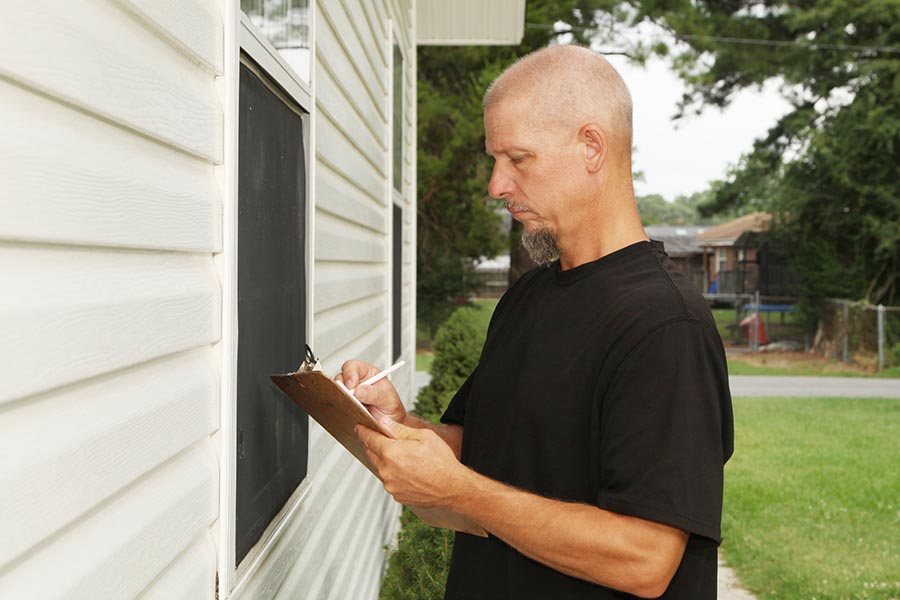
Consequences of Failing a REAC Inspection
Failing a Real Estate Assessment Center (REAC) inspection can have serious repercussions for property owners, managers, and tenants. As a critical component of maintaining housing quality standards, a REAC inspection ensures that properties receiving federal assistance meet the Department of Housing and Urban Development’s (HUD) requirements for safety and livability. When these standards are not met, the consequences can be both immediate and far-reaching.
Financial Penalties and Funding Risks
One of the most immediate consequences of failing a REAC inspection is the potential for financial penalties. Properties that fail to meet HUD’s standards may face fines, and in some cases, a reduction or suspension of federal funding. For landlords or property managers relying on subsidies to maintain operations, this can create significant financial strain. Additionally, repeated failures can lead to a loss of eligibility for HUD funding altogether, jeopardizing the viability of the property.
Increased Oversight and Inspections
Failing a REAC inspection often triggers increased oversight from HUD. Properties with poor inspection scores may be required to undergo more frequent inspections, creating additional operational burdens. This heightened scrutiny can also lead to mandated corrective actions, which may include costly repairs and renovations to bring the property up to code. Failure to address these issues promptly can escalate the situation, leading to further penalties or legal action.
Tenant Displacement and Legal Liability
When a property fails a REAC inspection, tenants may be directly affected. Unsafe or substandard living conditions can result in tenant complaints, which could lead to legal disputes or even tenant displacement. In severe cases, HUD may declare the property uninhabitable, forcing tenants to vacate. This not only disrupts the lives of residents but also exposes property owners to legal liability and reputational damage.
Reputational Damage
A failed REAC inspection can tarnish the reputation of a property owner or management company. News of poor living conditions can spread quickly, making it difficult to attract new tenants or maintain existing leases. This reputational hit can have long-term impacts on a property’s profitability and the owner’s ability to acquire new investments or partnerships.
Preventing REAC Inspection Failures
To avoid the consequences of failing a REAC inspection, property owners and managers should prioritize regular maintenance and proactive compliance with HUD standards. Conducting routine self-inspections and addressing potential issues before they escalate can significantly improve inspection outcomes. Partnering with professional inspection services, such as The Inspection Group, can also provide invaluable guidance and support in navigating HUD requirements.
Conclusion
The consequences of failing a REAC inspection can be severe, affecting financial stability, operational efficiency, tenant satisfaction, and overall reputation. By taking a proactive approach to property maintenance and compliance, property owners and managers can mitigate these risks and ensure that their properties remain safe, habitable, and financially viable.

